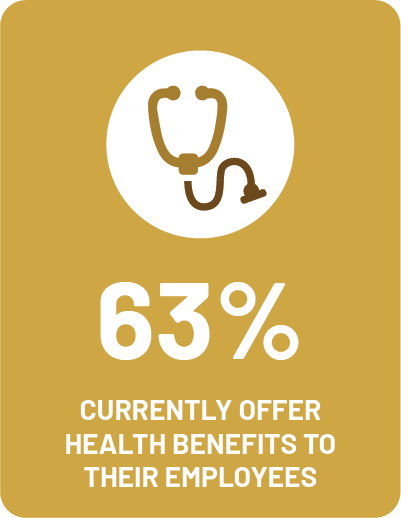Question: What’s the key to being effective in sales without feeling like a pushy salesperson?
Weldon Long; New York Times Bestselling Author & Founder, HVAC Sales Academy:
When I saw this question, this is one that’s near and dear to my heart. The first thing that jumps out to me is that we have to be very cautious when our salespeople are coming up to us and they’re saying, “Well this is pushy,” or this seems “too much this” or “too much that.” A lot of times that’s just an excuse for not really wanting to do the work to get good at the process.
Because the process we teach at EGIA is a process of high-service, not high-pressure. It’s a long-term strategy, it’s not about trying to go in in 15 or 20 minutes and trying to beat a customer into submission. It’s about following the process. And the process really consists of four primary segments.
• Number 1: We build a relationship.
• Number 2: We investigate the customer’s problems.
• Number 3: We solve their problems.
• Number 4: We ask for the order.
The key there is to earn the right, to earn the trust, to be able to ask for the order. And it takes time to invest in that relationship. You think a call is going to go anywhere from an hour and a half to, sometimes, two and a half, even three hours. We have to be mindful of schedules of homeowners and different things. But at the same time it’s critically important that we take the time to build a relationship and to earn that trust.
So the key is to focus on the high service, be willing to do what your competitors are not willing to do. And to focus on serving – on problem-solving, on finding the problems and solving the problems for our homeowners. And there’s nothing high-pressure about that. It’s a matter of extending ourselves emotionally, professionally, to do the things we have to do.
Gary Elekes; Founder, EPC Training:
Drew, I’ve got a couple of things I’ll add and then I’ll toss it over to you. As usual, Wally is on point and I agree with everything he said. Just a couple of things that we probably do with our salespeople to make sure they’re connected to the client and not really being perceived as pushy inside of the process.
Because what Wally said is absolutely right: you have to follow the technique and you have to understand that that’s important. There are value chain points that you have to hit. You can’t be skipping over that stuff and expect to be successful.
That being said, the very thing that makes a salesperson effective is that they’re typically goal-oriented, tell-assertive, they’ve got some communication skills. And that generally gets in the way of the process of being likeable.
Typically likeability and trust, as we define it, come from you being connected to the client and not necessarily “telling” the client. So the personalities that we see in sales that are effective are tell-assertive personalities. All three of us on this call are tell-assertive personalities. But what makes all three of us effective in life is that we understand that, and that when it’s time to be ask-assertive, and really be connected to the client and use your process to understand their social styles matter, is critical.
So I would suggest that each of the salespeople understand social styles. Who people are and what drives the way they emotionally think and how they behave. And that you realize that’s a training and that’s a skill and it can be developed. So you can take somebody who is tell-assertive, and who is part of that process that Wally described, and turn the social style training on and you roleplay and practice that, so that you’re asking questions and you’re connecting to the clients. And while you still have the answers and can be tell-assertive later, you realize that that’s a part of the process that’s later, and not at the beginning.
And that tends to make people feel very good about you, that you’re connected to their interests, not your interests. And that’s part of how you build likeability. They say “oh wow, that guy was great. All he did was find my solutions and get me to the place where I was very happy about the value chain.”
There’s also some modules on the site where we go through this discussion, and that applies to technicians as well as salespeople.
This is the weekly Ask the Experts free excerpt. To listen to all of this week’s calls, or to see the schedule and register for future calls, click here.

